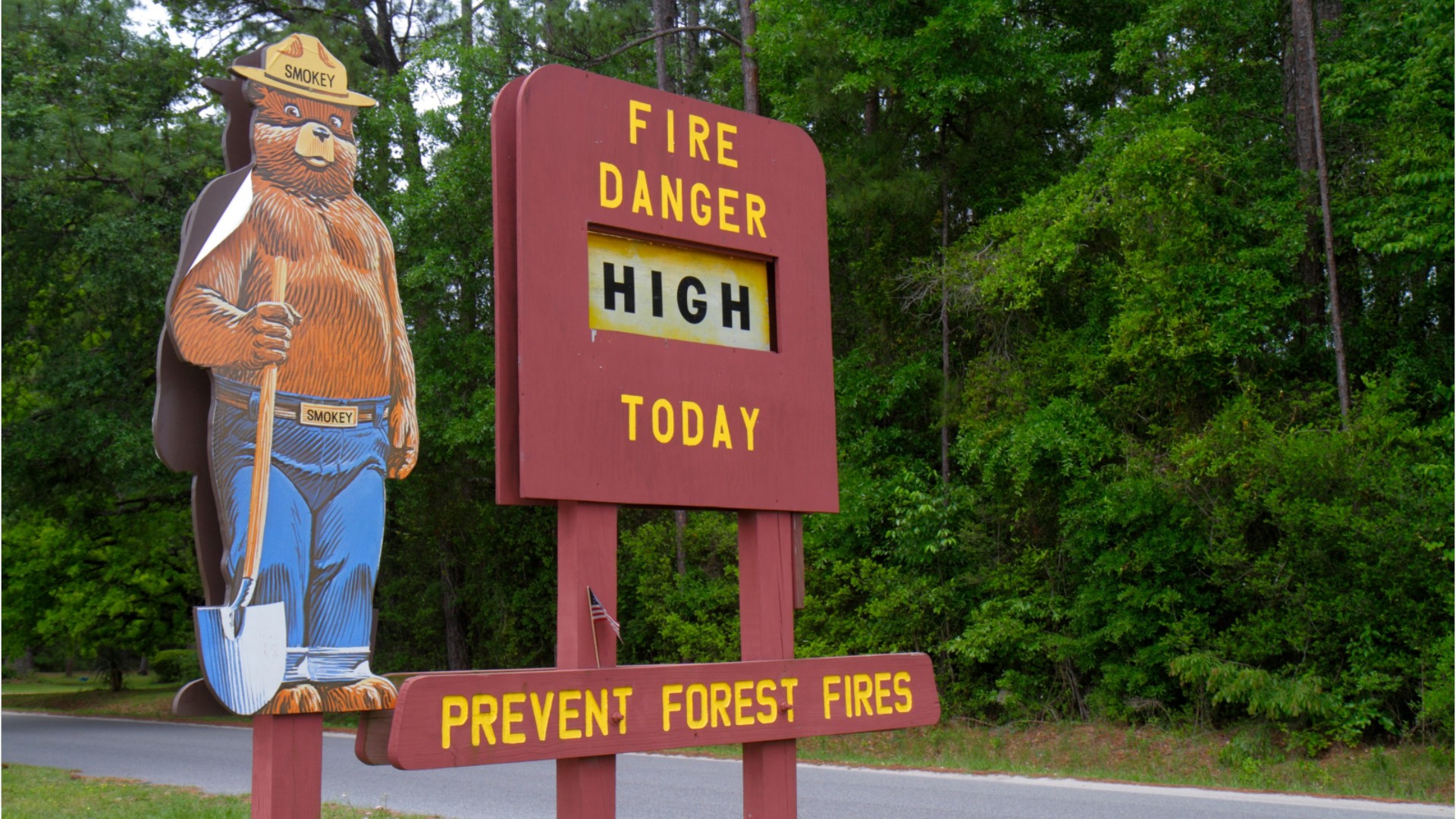Fire Inspectors & Investigators
Arson Investigator, Fire Inspector, Fire Investigator, Fire Prevention Inspector
 Select a military branch to see samples.
Select a military branch to see samples.
Fire Protection; Fire Protection Apprentice; Fire Protection Craftsman; Fire Protection Helper; Fire Protection Journeyman; Fire Protection Manager; Fire Protection Superintendent
Cannon Crewmember; Cavalry Scout; Combat Engineer; Combat Medic Specialist; Firefighter; Infantryman; Intelligence Analyst; M1 Armor Crewman; Military Police; Unit Supply Specialist
Damage Controlman; Marine Safety Specialist Engineer; Marine Science Technician; Material Maintenance Specialty
Expeditionary Airfield Systems Technician; Expeditionary Firefighting and Rescue (EFR) Specialist; Small Arms Repairer/Technician
Aviation Boatswain's Mate, Aircraft Handling; Construction Inspector; Crash and Salvage Fire Fighter; Damage Control Assistant; Damage Controlman; Fire Marshall; Ship Survivability Systems Maintainer; Ship Survivability Systems Technician; Shipboard Aircraft Rescue, Firefighting and Salvage Specialists; Shore Base Airport and Aircraft Firefighter
No similar titles were found.
What they do:
Inspect buildings to detect fire hazards and enforce local ordinances and state laws, or investigate and gather facts to determine cause of fires and explosions.
On the job, you would:
- Prepare and maintain reports of investigation results, and records of convicted arsonists and arson suspects.
- Testify in court cases involving fires, suspected arson, and false alarms.
- Package collected pieces of evidence in securely closed containers, such as bags, crates, or boxes, to protect them.
Knowledge
Safety and Government
- public safety and security
- law and government
Business
- customer service
- management
Engineering and Technology
- building and construction
Education and Training
- teaching and course design
Skills
Basic Skills
- listening to others, not interrupting, and asking good questions
- talking to others
Social
- understanding people's reactions
- looking for ways to help people
Problem Solving
- noticing a problem and figuring out the best way to solve it
Abilities
Verbal
- communicate by writing
- listen and understand what people say
Ideas and Logic
- notice when problems happen
- use rules to solve problems
Attention
- pay attention to something without being distracted
Visual Understanding
- see hidden patterns
Personality
People interested in this work like activities that include practical, hands-on problems and solutions.
They do well at jobs that need:
- Stress Tolerance
- Self-Control
- Cautiousness
- Integrity
- Attention to Detail
- Dependability
Technology
You might use software like this on the job:
Data base user interface and query software
- Code database software
- Microsoft Access
Presentation software
- Microsoft PowerPoint
Electronic mail software
- Email software
- Microsoft Outlook
Education
Education: (rated 3 of 5)
certificate after high school or
some college
usually needed
some college
usually needed
Job Outlook
Average
New job opportunities are likely in the future.
Explore More
- Construction & Building Inspectors
- Fire-Prevention & Protection Engineers
- Firefighters
- First-Line Supervisors of Firefighting & Prevention Workers
- Forest Fire Inspectors & Prevention Specialists
You might like a career in one of these industries:
See more details at O*NET OnLine about Fire Inspectors & Investigators.






